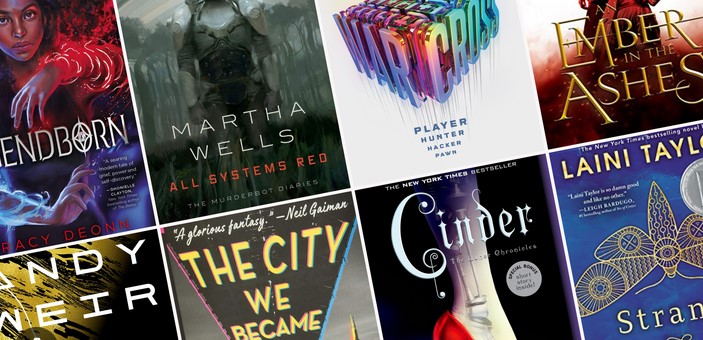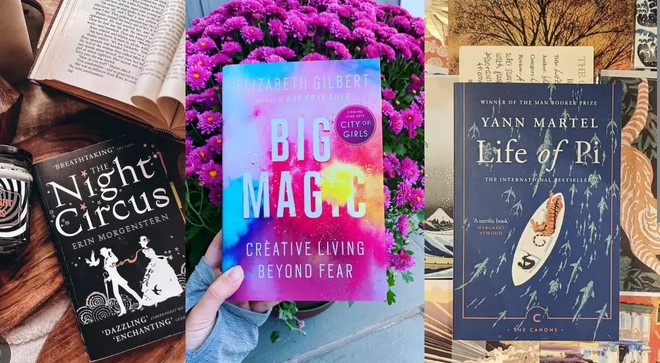Exploring different book genres is an exciting journey that opens up a world of diverse experiences, ideas, and emotions. Each genre offers a unique perspective and style, allowing readers to engage with stories that resonate in different ways. Whether you’re a lifelong reader or just starting your reading journey, exploring a variety of genres can deepen your appreciation for literature. In this post, we will take a look at some of the most popular book genres and their unique features, helping you discover which ones might spark your interest.

Understanding the Diversity of Book Genres
Book genres are simply categories that group books by their content, style, and themes. Understanding these genres can help you navigate the vast landscape of literature and find books that suit your preferences. The beauty of exploring different genres lies in their ability to offer new perspectives, ideas, and experiences. From thrilling mysteries to thought-provoking science fiction, there is a genre for every mood and interest. As you explore new genres, you may discover unexpected favorites that broaden your reading horizons.
www.bestusabettingsites.com
Readers looking to expand their interests often rely on helpful online resources. Platforms like www.bestusabettingsites.com offer clear comparisons of trusted sportsbooks. These insights simplify the research process and build confidence. Quality information enhances the overall user experience.
Fiction Genres: Escape into Imagination
Fiction genres are often the first types of books that come to mind when we think of reading. These genres allow readers to escape into imaginary worlds, whether through fantasy, historical settings, or thrilling adventures. One popular fiction genre is fantasy, where you can experience magical realms and mythical creatures, like in The Lord of the Rings by J.R.R. Tolkien. Science fiction, on the other hand, invites you to explore futuristic worlds and speculative technology, like in Dune by Frank Herbert. Mystery and thriller genres keep readers on the edge of their seats, with suspenseful plots and surprising twists, as seen in books by Agatha Christie or Gillian Flynn.
Exploring fiction genres is a great way to dive into captivating stories that transport you to new worlds. Whether you’re looking for adventure, mystery, or a bit of magic, fiction genres provide endless possibilities to escape and unwind.
Non-Fiction Genres: Real-World Knowledge
Non-fiction genres focus on real-world topics, from history to self-help, providing valuable insights and knowledge. If you’re interested in expanding your understanding of the world around you, non-fiction books are a fantastic choice. Biography and memoir genres offer personal accounts of people’s lives, such as The Diary of a Young Girl by Anne Frank, while history books allow you to explore significant events and figures in the past, like in Sapiens: A Brief History of Humankind by Yuval Noah Harari. Self-help and psychology books provide tools for personal development, helping you navigate life’s challenges, like in Atomic Habits by James Clear.
Reading non-fiction allows you to learn and grow, gaining new insights that you can apply to your own life. Whether you’re seeking inspiration, knowledge, or self-improvement, non-fiction genres are rich with valuable content to enrich your understanding of the world.
Discover Things That Truly Mean a Lot
ThingsMeanAlot.com explores the significance of sentimental items, cherished memories, and the deeper connections that enrich our lives. After reflecting on what matters most, you might enjoy exploring the entertainment at an australian casino site online. Explore meaningful stories and perhaps find some online fun!
Poetry: A World of Emotions in Verses
Poetry is a genre that captures the beauty and complexity of emotions, thoughts, and experiences in carefully crafted verses. Unlike other genres, poetry often relies on rhythm, metaphor, and imagery to convey deep meanings. Famous poets like Emily Dickinson, Robert Frost, and Rupi Kaur have used poetry to explore themes such as love, loss, and identity. Poetry’s ability to evoke emotions and provoke thought makes it a unique and powerful genre for readers who enjoy concise yet impactful writing.
Exploring poetry allows you to experience language in a different way, with its focus on emotion, rhythm, and imagination. For readers seeking a more lyrical and introspective experience, poetry offers a refreshing change from traditional prose.
Young Adult (YA) and Children’s Books: A Gateway to Imagination
Young Adult (YA) and children’s books are often filled with themes of growth, self-discovery, and adventure. These genres allow readers to connect with characters at different stages of life, from childhood to adolescence. YA books often explore complex themes, such as identity, relationships, and mental health, in a relatable way. Popular titles in this genre include The Hunger Games by Suzanne Collins and The Fault in Our Stars by John Green.
Children’s books, on the other hand, introduce young readers to a world of imagination and learning. Classic children’s books like Where the Wild Things Are by Maurice Sendak or The Very Hungry Caterpillar by Eric Carle teach important lessons through simple yet engaging storytelling.
Both YA and children’s books allow readers to explore universal themes and embark on adventures, making these genres a great option for anyone looking to experience the joys of growth and imagination.
Conclusion
Exploring different book genres is an exciting way to discover new stories, ideas, and perspectives. Each genre offers unique experiences, whether you’re seeking adventure, learning, or emotional depth. Fiction genres like fantasy and mystery provide thrilling escapes, while non-fiction genres offer valuable insights into real-world topics. Poetry provides a powerful emotional experience, and YA and children’s books invite readers to grow alongside relatable characters. By exploring a wide range of genres, you not only expand your reading habits but also open yourself up to a world of new possibilities.











One thought on “Exploring Different Book Genres”
Comments are closed.